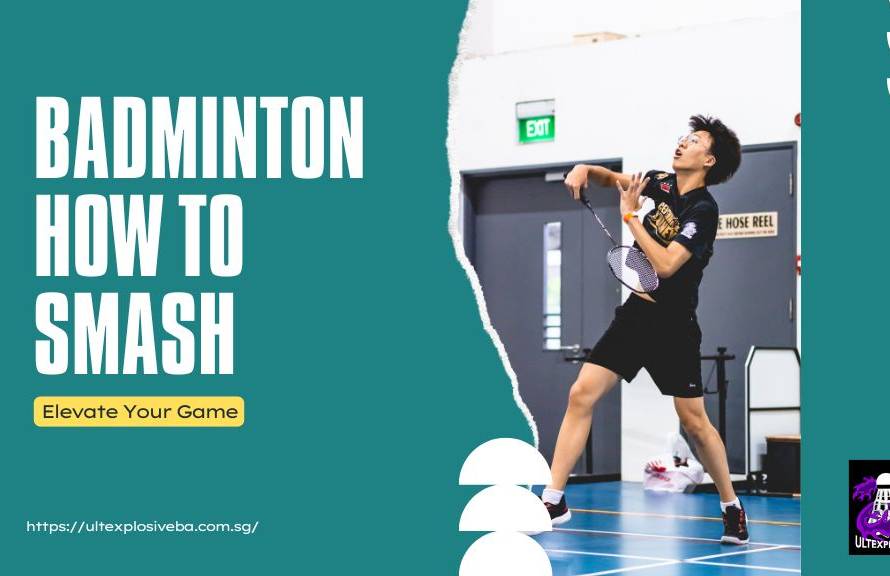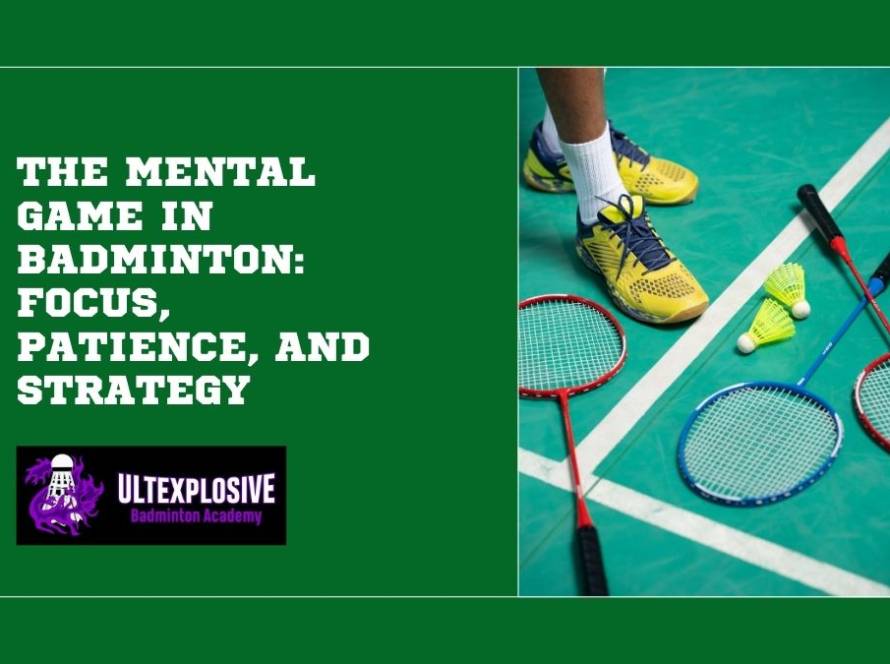How To Train A Beginner In Badminton
Badminton is a game that looks deceptively simple but requires skill, agility, and sharp reflexes to master. For beginners, the learning process can feel overwhelming—grappling with footwork, gripping the racket correctly, and executing basic shots all at once. But with the right approach, training a beginner in badminton becomes an enjoyable and rewarding experience. Whether you’re a coach, a parent, or someone eager to help a friend pick up the sport, knowing how to train a beginner in badminton sets the foundation for long-term improvement.
The First Step: Building Interest and Confidence
Before diving into technical training, it’s essential to help beginners feel comfortable on the court. Badminton should be fun, not intimidating. Creating a welcoming environment where new players can experiment with different movements and hit a few shuttlecocks without pressure helps build early confidence. Studies from the Singapore Sports Institute indicate that beginners who engage in enjoyable, low-stress training sessions are more likely to continue playing and improving over time (source).
Teaching the Correct Racket Grip
One of the first things to teach a beginner in badminton is how to hold the racket properly. A faulty grip can lead to poor control, limited shot variety, and even wrist injuries. The forehand grip is the most commonly used and should be taught first. It allows players to execute a wide range of strokes with stability and accuracy. Once comfortable, beginners can learn the backhand grip, which helps return shots with minimal wrist strain. Teaching a relaxed but firm grip ensures that new players can generate power while maintaining control over their shots.

Introducing Basic Footwork and Movement
Badminton is a game of movement. Many beginners focus too much on hitting the shuttlecock while neglecting the importance of footwork. Efficient footwork allows players to move quickly, maintain balance, and return shots effectively. Beginners should start with small movements—learning how to shuffle sideways, lunge toward the net, and retreat quickly to the backcourt. A study by the National University of Singapore found that players with structured footwork training covered 20% more court space with less energy expenditure compared to those without proper movement techniques source. Footwork isn’t just about speed; it’s about efficiency and control.
The Ready Stance: Preparing for Every Shot
The ready stance is the foundation of all badminton movements. Teaching a beginner to maintain a balanced, slightly crouched posture with their racket held up and knees bent prepares them to react quickly. A strong ready stance ensures smoother transitions between shots and prevents sluggish responses. Many beginners make the mistake of standing too upright or keeping their racket too low, which slows reaction time and limits reach.
Teaching the First Basic Shots
Once the fundamentals of grip and footwork are in place, beginners can start learning basic strokes. The clear is usually the first shot taught, as it helps players control distance and reset the rally. The drop shot follows, allowing them to develop touch and accuracy. The smash, while exciting, should come later—only once players have enough control over their strokes to execute it effectively. Teaching shot variety early helps beginners feel more in control of their game and prepares them for real match scenarios.
Hand-Eye Coordination and Reaction Speed
Badminton is a sport that demands quick reflexes and sharp hand-eye coordination. Beginners should engage in drills that improve reaction time, such as simple shuttle toss-and-hit exercises or shadow drills without a shuttlecock. Training the brain to recognize and respond to fast-moving objects helps beginners anticipate shots rather than just react to them. Confidence grows when a player feels in sync with the pace of the game, rather than struggling to keep up.
Serving: Starting Every Rally with Confidence
Serving might seem simple, but it’s a crucial part of the game that beginners must master. A strong, consistent serve sets the tone for a rally. Teaching the low serve first allows beginners to control placement and pace, ensuring they can keep the shuttlecock in play. Once they feel comfortable, they can experiment with the high serve, which forces opponents to move deep into their court. Understanding different types of serves early on gives new players a strategic advantage and prevents them from feeling vulnerable at the start of a rally.
Encouraging Simple Rallies to Build Consistency
Many beginners fear making mistakes, but the best way to build confidence is through consistent rallies. Instead of worrying about winning points, beginners should focus on keeping the shuttlecock in play. Partnering them with a more experienced player who can control the pace helps reinforce proper technique while allowing them to develop rhythm. Rallies also build endurance and help players understand game flow, which is more important than immediate competition.
Teaching Court Awareness and Shot Placement
Badminton isn’t just about hitting the shuttlecock—it’s about where you hit it. Teaching beginners the importance of shot placement helps them develop a strategic mindset. Instead of just returning the shuttlecock aimlessly, they should start thinking about placing shots where their opponent will have a harder time reaching them. Even without powerful smashes, a beginner can control a rally by directing shots effectively.
Helping Beginners Develop a Growth Mindset
One of the most overlooked aspects of training a beginner in badminton is mental strength. Beginners often get discouraged when they miss shots or struggle with certain movements. Coaches and trainers should reinforce a growth mindset, where improvement is seen as a process rather than an immediate outcome. By celebrating small victories—like successfully executing a shot they previously missed—players remain motivated to keep improving.
The Role of Professional Coaching in Beginner Training
While self-learning is possible, structured coaching accelerates progress by correcting mistakes early and introducing drills that systematically build skills. Professional trainers provide personalized feedback, ensuring that beginners learn proper technique without developing bad habits. Whether a beginner wants to play casually or aims to compete, the right coaching can shape their journey in badminton.
Training Beginners for Long-Term Success
Learning how to train a beginner in badminton isn’t just about teaching strokes and footwork—it’s about building confidence, reinforcing fundamentals, and fostering a love for the game. With the right approach, any beginner can progress from tentative swings to confident rallies. Whether introducing a child to the sport or guiding an adult beginner, patience and encouragement make all the difference.
Start Your Badminton Journey with Expert Training
If you’re looking to train a beginner in badminton, structured coaching is the best way to build skills and confidence from day one. At ULTExplosive Badminton Academy, we offer tailored programs designed to help beginners master the fundamentals and develop a strong foundation for long-term improvement. Visit our website today to find the right class and take the first step toward badminton success.
Click on the link to find out more about TM Tennis Academy’s lesson package. Chat with our head coach today!
About ULTExplosive Badminton Academy
Private Badminton Lessons
Kids Badminton Lesson
Group Badminton Lessons
Whatsapp Us




5 Comments